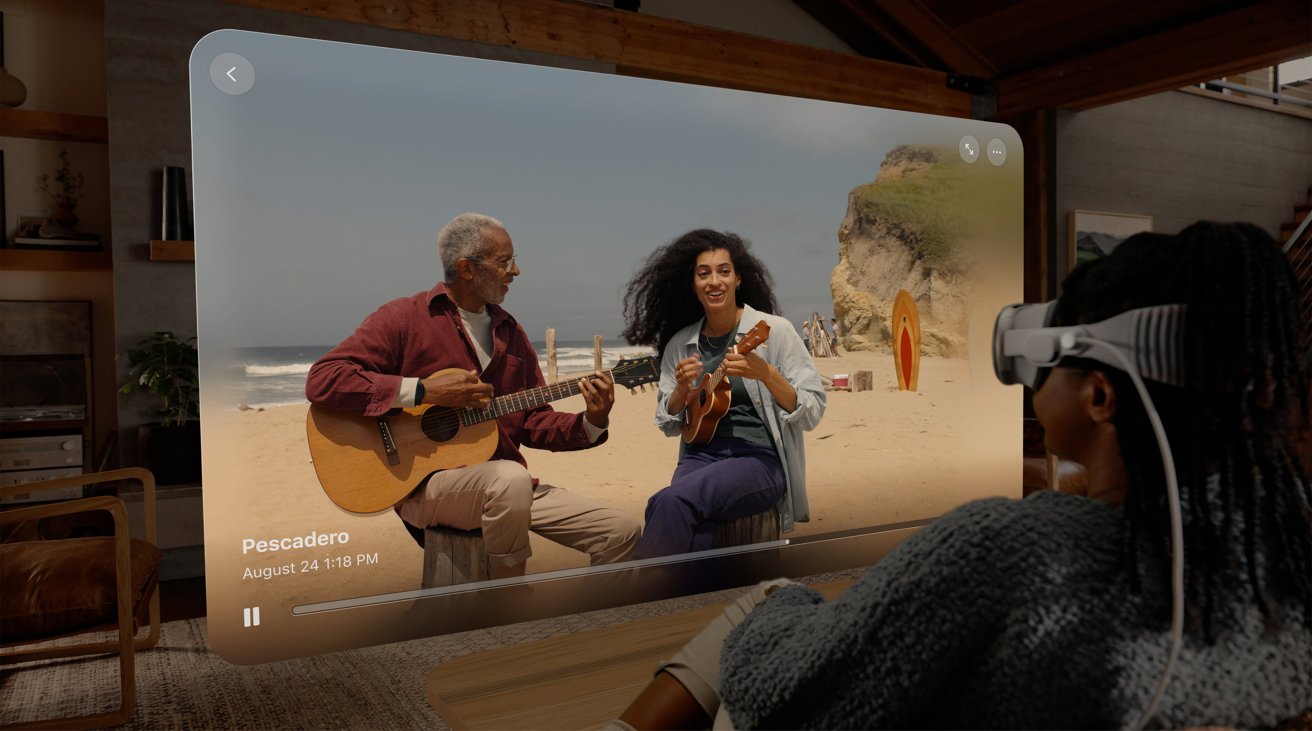
Epic Games has won its antitrust lawsuit against Google, after the nine-member jury in the case unanimously agreed that the tech giant abused its power by operating an app store monopoly and charging developers unduly high fees.
The unanimous verdict came after three hours of deliberation following a four-week trial looking into Google’s Play store. Among Epic’s allegations were that Google illegally tied together its Play store and Play Billing payment services, leaving developers having to use both for their apps to be included in the store.
Google collects a commission ranging from 15% to 30% on transactions completed within apps, similar to how Apple takes its App Store fees.
The jury also agreed that Google’s distribution agreement with developers was anticompetitive, and that Epic had been unfairly stifled by the company’s behavior by forcing its own billing system on developers. The trial was brought by Epic against Google in 2020 for removing Fortnite from the Google Play Store, after Epic allowed players to bypass Google’s in-app purchase system.
The reasoning in the jury case was not revealed, but in a statement on its website, Epic Games CEO Tim Sweeney said the verdict “proves that Google’s app store practices are illegal and they abuse their monopoly to extract exorbitant fees, stifle competition and reduce innovation.”
Sweeney added that the jury had seen “evidence that Google was willing to pay billions of dollars to stifle alternative app stores by paying developers to abandon their own store efforts and direct distribution plans, and offering highly lucrative agreements with device manufacturers in exchange for excluding competing app stores.”
Google said it would appeal. “We will continue to defend the Android business model and remain deeply committed to our users, partners and the broader Android ecosystem,” said Wilson White, vice-president of government affairs and public policy at Google.
The ruling could have profound implications for digital app store regulation, particularly within Apple’s App Store. Apple won a similar case against Epic in 2021. Rather than a jury made up of consumers though, that ruling was made by a single judge.
Epic has asked the U.S. Supreme Court to revive key claims in the Apple case, and Apple is fighting part of a ruling for Epic regarding Apple’s “anti-steering” rule that bars developers of many iOS apps from directing users to methods of purchase available outside of the App Store, circumventing Apple’s revenue cut.
The Supreme Court will decide in the coming months whether it will hear either or both of Epic’s and Apple’s appeals, but if it does not take up either petition, the previous rulings will stand.







